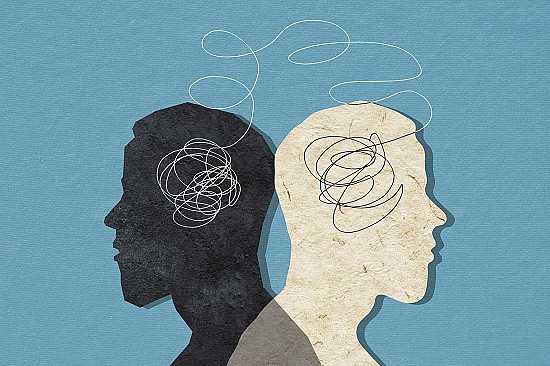What is “broken-heart syndrome?”
The term "broken heart" usually conjures up the sad ending of a love affair. In fact, the death of a spouse is a commonly cited trigger for broken-heart syndrome — a temporary weakening of the heart that causes symptoms similar to a heart attack. Also known as stress cardiomyopathy, the condition usually results from severe physical or emotional stress, though sometimes there is no identifiable trigger. Although rare, it's now being recognized much more often than in the past.
To continue reading this article, you must log in.
Subscribe to Harvard Health Online Plus (HHO+) to unlock expert-backed health insights, personalized tools, and exclusive resources to feel your best every day.
Here’s what you get with your HHO+ membership:
- Unlimited access to all Harvard Health Online content
- 4 expertly curated newsletters delivered monthly
- Customized website experience aligned to your health goals
- In-depth health guides on topics like sleep, exercise, and more
- Interactive features like videos and quizzes
- Members-only access to exclusive articles and resources
I’d like to subscribe to HHO+ for $4.99/month to access expert-backed content to help make smart, informed decisions about my well-being.
Sign Me UpAlready a member? Login ».
Disclaimer:
As a service to our readers, Harvard Health Publishing provides access to our library of archived content. Please note the date of last review or update on all articles.
No content on this site, regardless of date, should ever be used as a substitute for direct medical advice from your doctor or other qualified clinician.















